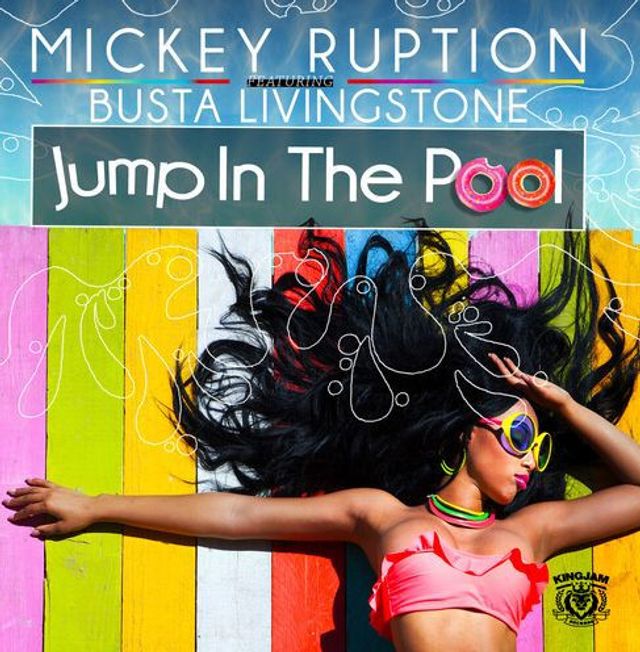Home
Jump or Die
Barnes and Noble
Jump or Die
Current price: $20.99


Barnes and Noble
Jump or Die
Current price: $20.99
Size: OS
Loading Inventory...
*Product information may vary - to confirm product availability, pricing, shipping and return information please contact Barnes and Noble
When this album appeared in 1994, the general reaction was, "It's about time!" Over the previous 25 or so years,
Anthony Braxton
had created several hundred compositions that, despite their unique combinations of beauty and complexity, were rarely covered. Even better, the two San Francisco-based groups who came together for this project took advantage of one of
Braxton
's major conceptual developments of the '80s: the idea of having individual members of his ensembles being able to play any of his pieces at any time during a performance, treating his repertoire as a vast well to be freely sampled. So listeners have the gorgeous
"Composition 23D"
(fondly recalled as side one, cut three from
's classic
Arista
release,
New York, Fall 1974
) lovingly read with baritone and vibes in front and gradually blended in with the abstract
"Composition 108,"
ushered in by bass and drums. It's a good example of how complicated and even jolting this approach can be, even to those familiar with
's music. On the original
"Composition 23D,"
during the recapitulation of the theme (and expansion on it), there's a wonderful interplay between the lead horns and rhythm. Here, the bass and drums are off in another territory entirely, forcing the listener to reconcile the divergent paths under the general rubric of "Braxtonia." Very difficult, but very intriguing and often rewarding. The musicians from
the Splatter Trio
and
Debris
divide and coalesce into various configurations, altering instrumentation in imaginative ways and usually offering fresh perspectives on
's challenging music. Among others, cornetist
Keith Hedger
and percussionist
Gino Robair
stand out for their evocative work. Do the combinations always succeed? No, sometimes they can sound a bit forced, as though the compositions are at loggerheads with each other. This latter problem, however, may be one of
's deeper points: dealing with situations where different groups have different goals. All told,
Jump or Die
is a fascinating document and well worth hearing. One can only wish that more musicians would take up the mantle. ~ Brian Olewnick
Anthony Braxton
had created several hundred compositions that, despite their unique combinations of beauty and complexity, were rarely covered. Even better, the two San Francisco-based groups who came together for this project took advantage of one of
Braxton
's major conceptual developments of the '80s: the idea of having individual members of his ensembles being able to play any of his pieces at any time during a performance, treating his repertoire as a vast well to be freely sampled. So listeners have the gorgeous
"Composition 23D"
(fondly recalled as side one, cut three from
's classic
Arista
release,
New York, Fall 1974
) lovingly read with baritone and vibes in front and gradually blended in with the abstract
"Composition 108,"
ushered in by bass and drums. It's a good example of how complicated and even jolting this approach can be, even to those familiar with
's music. On the original
"Composition 23D,"
during the recapitulation of the theme (and expansion on it), there's a wonderful interplay between the lead horns and rhythm. Here, the bass and drums are off in another territory entirely, forcing the listener to reconcile the divergent paths under the general rubric of "Braxtonia." Very difficult, but very intriguing and often rewarding. The musicians from
the Splatter Trio
and
Debris
divide and coalesce into various configurations, altering instrumentation in imaginative ways and usually offering fresh perspectives on
's challenging music. Among others, cornetist
Keith Hedger
and percussionist
Gino Robair
stand out for their evocative work. Do the combinations always succeed? No, sometimes they can sound a bit forced, as though the compositions are at loggerheads with each other. This latter problem, however, may be one of
's deeper points: dealing with situations where different groups have different goals. All told,
Jump or Die
is a fascinating document and well worth hearing. One can only wish that more musicians would take up the mantle. ~ Brian Olewnick


















